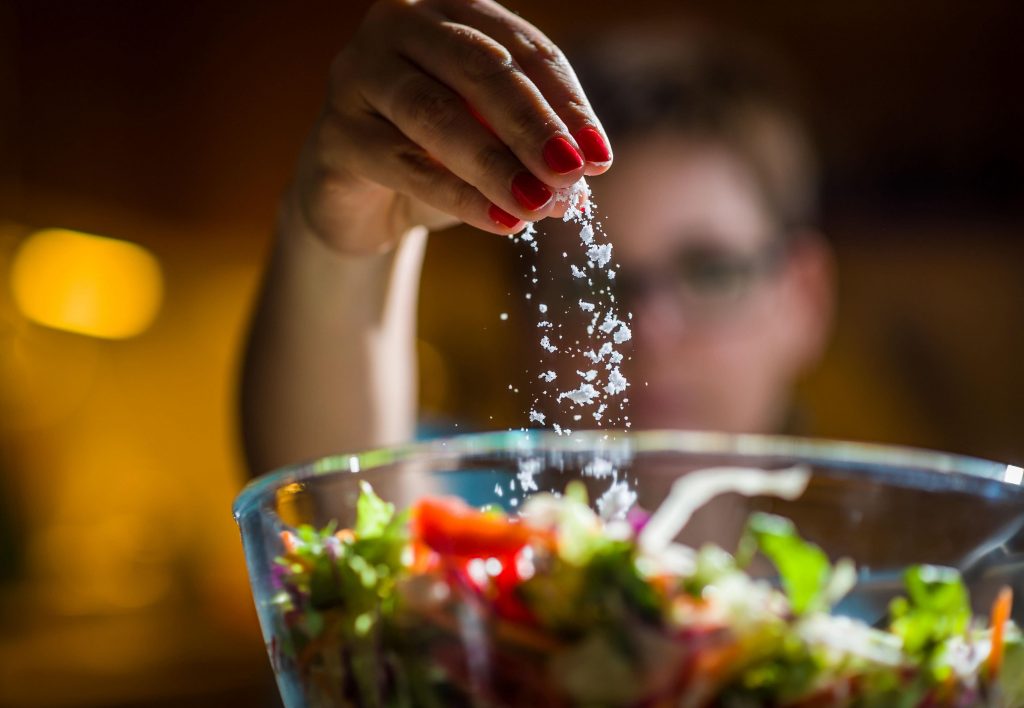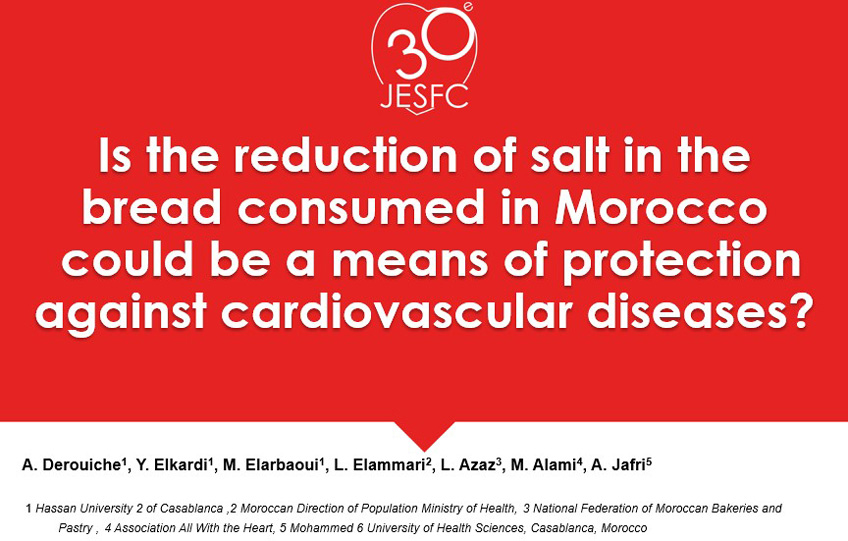Effects of Sodium Reduction on Energy, Metabolism, Weight, Thirst, and Urine Volume

A study by Juraschek, et al published in Hypertension conducted a trial using the DASH (dietary approaches to stop hypertension) to assess whether a reduced sodium diet has any adverse effects such as causing weight gain. To read more, click here.
Comparison of 24-h Diet Records, 24-h Urine, and Duplicate Diets for Estimating Dietary Intakes of Potassium, Sodium, and Iodine in Children – New Zealand

A study recently published by Peniamina, R et al in Nutrients compared the use of three different diet assessment methods for potassium, sodium and iodine in children in New Zealand. The accuracy of diet records, weighed food records and 24-hour urine samples were compared for a sample of 84 nine to 11 year olds. They […]
Sources of dietary sodium and implications for a state-wide salt reduction program in Victoria, Australia

Bolton, KA et al recently published data on dietary sodium intake and sources of dietary sodium from dietary recalls in the Victorian adult population. Salt intake from 24hr urine collections (n=338) was estimated as 8.9g/day after adjustment for non-urinary losses. Estimated salt intake from 24hr diet recall was lower, at 6.9g/day. It was estimated that […]
Potassium Intake in India: Opportunity for Mitigating Risks of High-Sodium Diets

Published in the American Journal of Preventive Medicine, Anand et al conducted a cross-sectional study using data from 24 hour urine samples and dietary recall to test the hypothesis of whether potassium intake reduces the effects of a high-sodium diet. Participants were adult males and females from rural and urban areas in India. 24 hour […]
Survey on Knowledge and Salt Intake Related Behaviour in Italy

A cross-sectional study conducted by Idelson et al evaluated salt-related knowledge and behaviour and their relationship to adherence to a Mediterranean diet in the Italian general population using a self-administered questionnaire conducted as a free online survey. Data from the 11,618 questionnaires found women had a higher level of salt knowledge than men while adolescents […]
A Systematic Review and Meta-analysis of Salt Consumption in Latin America and the Caribbean

Published in Nutrients, Carrillo-Larco and Bernabe-Ortiz conducted a systematic review and meta-analysis to estimate sodium and salt consumption in Latin America and the Caribbean. The review included 15 studies for qualitative synthesis and 18 studies for quantitative synthesis. Six studies collected 24 h urine samples while the others collected either 12 h, overnight, or spot […]
A Systematic Review of the Sources of Dietary Salt Around the World

Published in Advances in Nutrition, Bhat et al conducted a global systematic review of dietary salt sources. Between 1975 and 2018, 80 studies (74 peer-reviewed) from 34 countries were identified. Discretionary sources of salt contributed to more than half daily intake in at least eight countries, and more than a quarter of daily intake in […]
Reducing salt in bread to protect from cardiovascular disease in Morocco

In January 2020, Abdelfettah Derouiche presented recent salt reduction research from Morocco at the European Days of the French Society of Cardiology Congress in Paris. In his presentation he reflected on a five-year awareness raising campaign that aimed to encourage bakeries to reduce the amount of sodium chloride used when making white bread, along with […]
Researchers Find Formula to Reduce Sodium in Bread

A new low sodium bread dough formula has been developed by researchers from the University of Manitoba and Canada Bread. The sodium content of the bread baked by the researchers was reduced to 380 mg/100g with the new formula, down from an average of 450 mg/100g sodium in regular breads in Canada. They studied how […]
Savoury Snacks Report

For World Salt Awareness week, The George Institute, in partnership with Heart Foundation and VicHealth, released a report on the salt content of savoury snacks. The report analysed more than 1500 savoury snacks from 2013 to 2019 and found vege-based and legume-based snacks contain alarming amounts of salt. The saltiest vege-based snack, a kale chip, […]